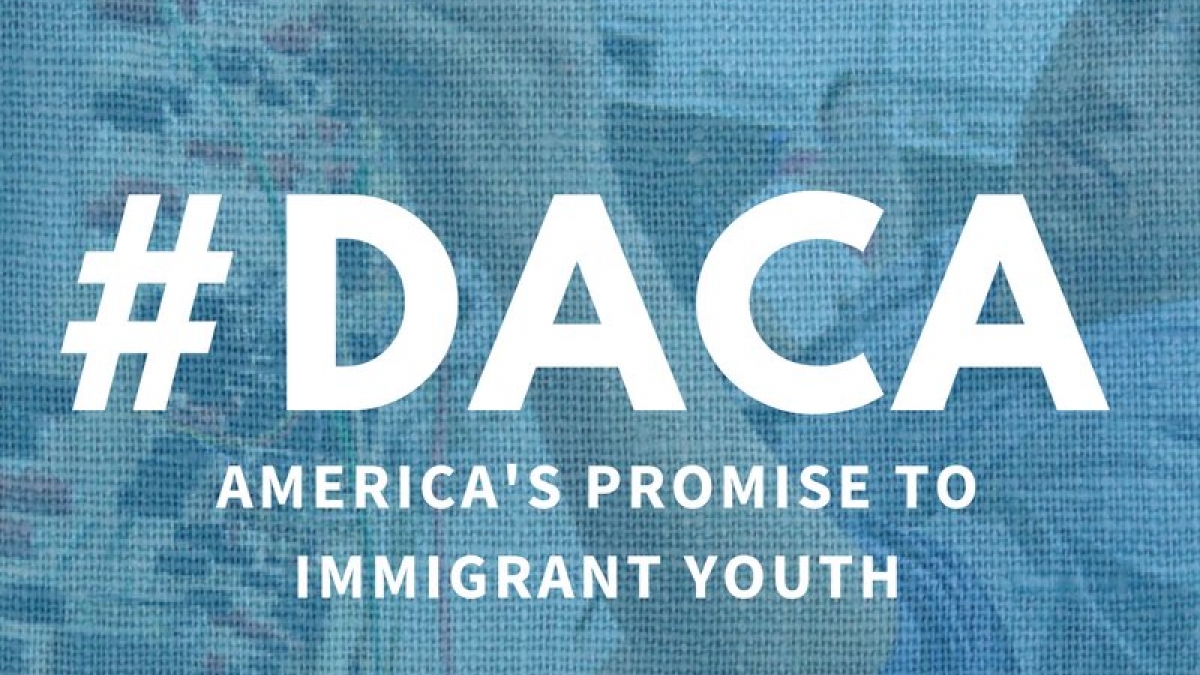Deferred Action for Childhood Arrivals (DACA) is an immigration program that allows eligible undocumented youth to apply for temporary protection against deportation. The program also provides access to resources that U.S citizens enjoy such as credit cards, ID cards and work permits. Signed as an executive order by Obama in 2012, DACA is not a path towards citizenship, but offers a 2 year period of protection with the option of renewal.
Eligibility requirements for DACA include:
Arrival to the U.S before the age of 16
Under the age of 31 by June 2012
Continuous residence in the U.S since June 2007
Arrival to the U.S before June 2012, or expiration of lawful status as of June 2012
Currently studying, or graduated from high school or earned a GED, or have been honorably discharged from the Coast Guard or military
No felony convictions or certain significant misdemeanors
However, in light of Trump’s decision to end DACA, here is the updated information:
No new DACA applications are being accepted
Current DACA beneficiaries who are up for renewal before March 6, 2018 will continue to receive support while funding lasts.
Renewal applications are due by October 5th, 2017
Although Trump rescinded DACA on September 5th, he later met with Senate Minority Leader Chuck Schumer (NY) and House Minority Leader Nancy Pelosi (CA) to discuss the Dream Act. Unlike DACA, the Dream Act is a piece of immigration legislation that provides a path to U.S citizenship. The Dream Act was introduced to Congress in 2001 and came closest to passing during the Obama Administration in 2010 when it passed in the house, but came up five votes short in the Senate. If it succeeds, the 2017 Dream Act would make the following changes to the current law:
- Grant current DACA beneficiaries permanent resident status on a conditional basis
Permit conditional permanent residents to obtain lawful permanent resident status if they go to college, have worked for a certain amount of time, or served in the U.S. military.
Stop the removal proceedings of anyone who meets the Dream Act requirements and young people over 5 years of age who are enrolled in elementary or secondary school.
Improve college affordability for undocumented youth and other immigrants
Although the ending of DACA was crushing for many of its beneficiaries and supporters, the potential passing of the Dream Act would be an even greater win than DACA.

